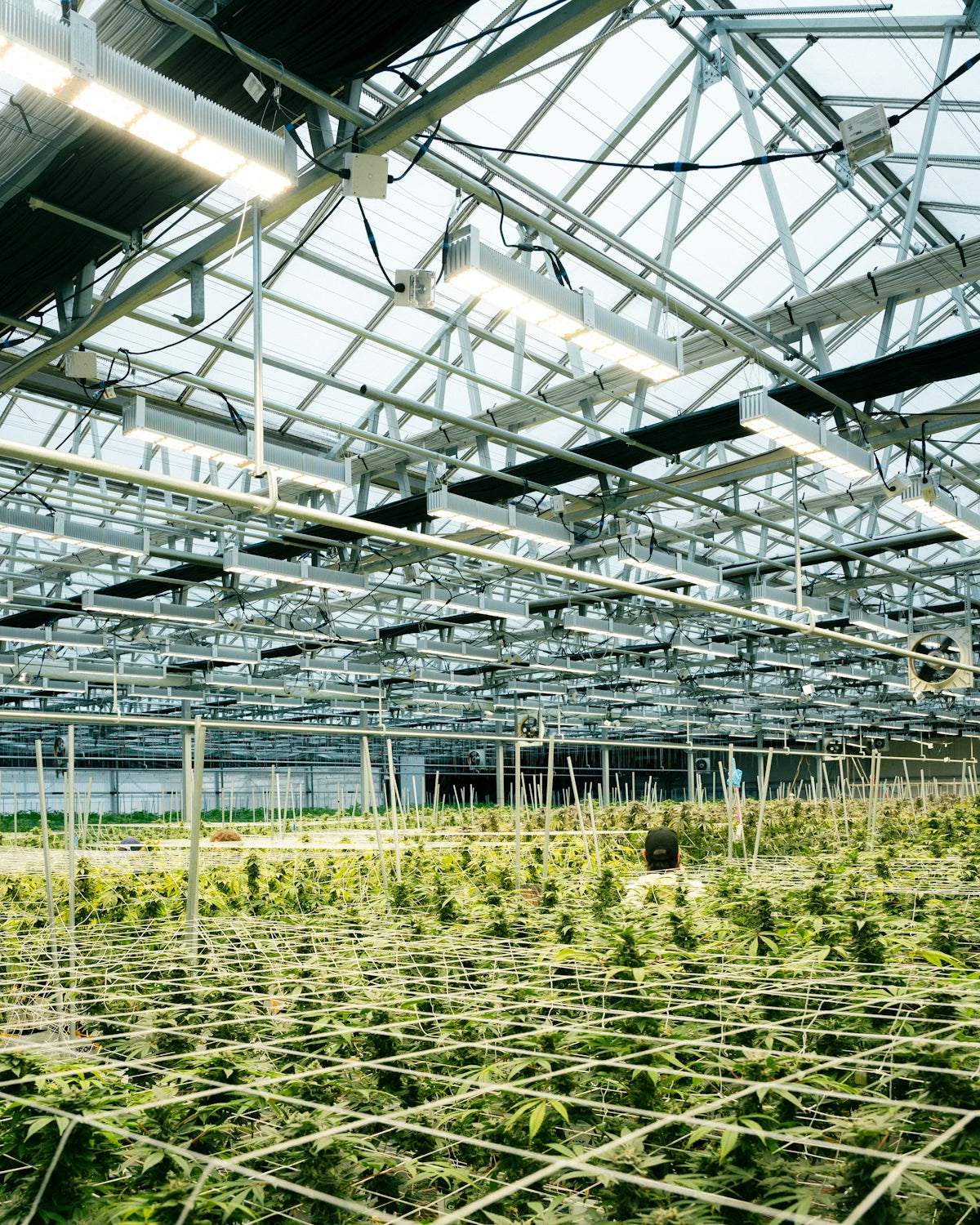As the global demand for cannabis continues to surge, so too does the need for sustainable cultivation practices. The cannabis industry, which is uniquely positioned at the intersection of agriculture, health, and business, holds massive potential for innovation in sustainable farming. Achieving this involves leveraging technology, resource management, and ethical farming practices to create a greener future for cannabis cultivation. This editorial explores the future prospects of sustainable cannabis farming, highlighting advancements, challenges, and the role of innovative cultivation products like the 6" FloraFlex Wool derived from basalt.
The Demand for Sustainable Cannabis Farming
Cannabis farming has seen exponential growth over recent years, but this boom brings with it significant environmental challenges. Traditional farming methods can be resource-intensive, consuming vast quantities of water and energy while contributing to soil degradation and pollution. The future of cannabis farming must, therefore, focus on minimizing its environmental footprint. By embracing sustainable practices, cannabis farmers can help conserve natural resources, reduce emissions, and protect biodiversity, all while supporting the industry's growth.
The increasing consumer demand for ethically and sustainably sourced products is another crucial driver. Modern consumers are more informed and conscious of the environmental impact of their purchases, increasingly favoring products that reflect sustainability. As such, sustainable cannabis cultivation isn't just a moral imperative but also a sound business strategy aimed at capturing this growing market segment.
Technological Advancements Pushing Sustainability Forward
One of the most exciting aspects of sustainable cannabis farming is the integration of advanced agricultural technologies. Precision agriculture — which involves the use of sensors, drones, and artificial intelligence — allows farmers to monitor crop health in real-time, optimize resource usage, and make data-driven decisions to maximize yield while minimizing waste.
Hydroponics and aeroponics systems represent other significant technological milestones. These soil-less farming methods utilize nutrient-rich water and air mists to nourish plants, significantly reducing water and fertilizer usage. These systems are not only efficient but also enable growers to cultivate cannabis in urban areas and regions with unsuitable climates for traditional farming.
The role of innovative products, such as the 6" FloraFlex Wool derived from basalt, in such systems cannot be understated. FloraFlex Wool offers superior water retention and aeration properties, promoting healthier root systems and faster growth rates. Additionally, its basalt-derived nature ensures that the product is both sustainable and environmentally friendly, aligning perfectly with the ethos of sustainable farming.
Challenges in Sustainable Cannabis Farming
Despite the positive trajectory, sustainable cannabis farming is not without its challenges. The initial costs associated with transitioning to sustainable practices and technologies can be daunting for small and medium-sized enterprises. Furthermore, the legal and regulatory landscape governing cannabis varies significantly across regions, often complicating efforts to standardize sustainable practices industry-wide.
Education and training remain critical obstacles. To fully harness the benefits of sustainable farming, cultivators need to be equipped with the necessary skills and knowledge. This requires investment in education infrastructure and the development of accessible resources and training programs to support farmers in their journey towards sustainability.
The Importance of Policy and Community Involvement
Policy plays a crucial role in shaping the future of sustainable cannabis cultivation. Governments must implement regulations that encourage and support sustainable practices, offering incentives for adopting environmentally friendly technologies and caring for the ecosystems in which these plants grow.
Equally important is community involvement. Building a community-focused approach that includes farmers, consumers, businesses, and policymakers fosters an environment conducive to shared learning and collaboration. By working together, stakeholders can develop innovative solutions and share best practices, driving the entire industry forward toward a more sustainable future.
Conclusion
The future of cannabis farming lies in sustainable practices that marry technological innovation with ecological responsibility. The adoption of advancements like precision agriculture, hydroponics, and products such as FloraFlex Wool, coupled with supportive policy frameworks, are crucial to realizing this vision.
As we forge ahead, the focus must remain on reducing the environmental impact of cannabis cultivation while delivering high-quality, eco-friendly products to consumers. Through collaboration and innovation, we can pave the way for a thriving, sustainable cannabis industry poised to meet the demands of modern society. For more information on sustainable cannabis cultivation solutions, visit FloraFlex.









